'I was only 24 and had no symptoms' - read one woman's shocking cervical cancer diagnosis
This Cervical Cancer Prevention Week, read Stephanie Varden's powerful story - from chemo to seemingly having the all-clear
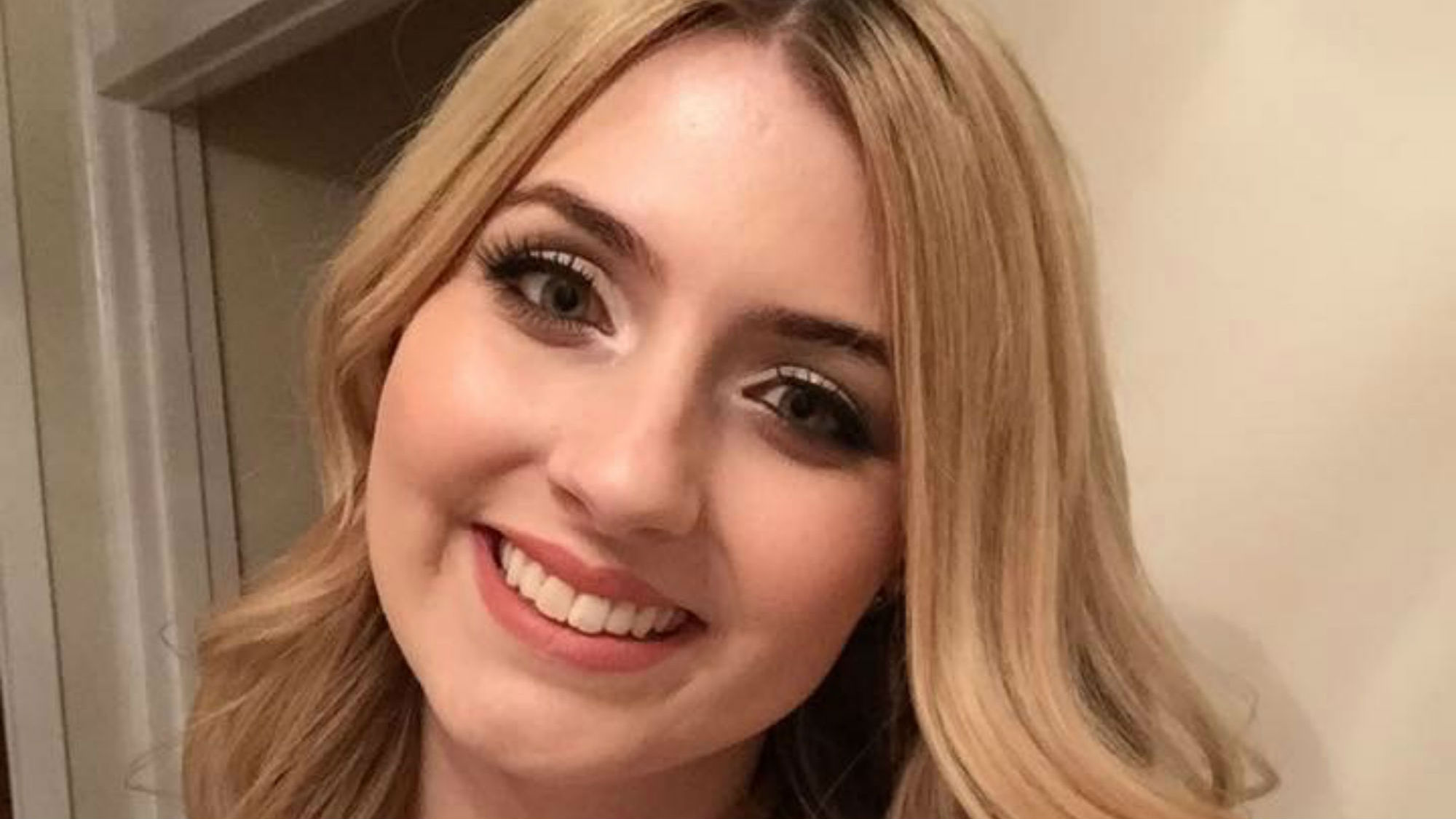
This Cervical Cancer Prevention Week, read Stephanie Varden's powerful story - from chemo to seemingly having the all-clear
If you weren't aware, this week is Cervical Cancer Prevention Week. The aim of the week is simple: to raise awareness and help both women and people with cervixes understand how to reduce the risks of cervical cancer.
Attend your screenings, educate yourself on the symptoms and see a doctor if you're worried. Here, Stephanie shares her inspiring story.
When you’re told you have cervical cancer, you ask yourself – why me? I'm a good person. I didn’t have any symptoms and I had a long-term boyfriend. It didn’t seem real.
I was invited for my first routine smear test in April, six months before my 25th birthday. I didn’t see the point in putting it off and waiting, so I booked an appointment with my GP and attended straight away.
With no symptoms, I had no reason to think anything would be wrong, but I started to feel worried and anxious after I received a letter asking me to attend a colposcopy [a procedure to examine the cervix], as my cervical screening (formerly known as a smear test) showed I had abnormal cells. It was in this letter I was also told I had human papilloma virus (HPV). I’d never heard of it and immediately thought it was a sexually-transmitted disease, rather than the common infection it is.
In June I had the colposcopy, and a few weeks later I was called into the hospital in Leicester to receive the devastating news that I had cervical cancer – stage 1b.
Marie Claire Newsletter
Celebrity news, beauty, fashion advice, and fascinating features, delivered straight to your inbox!
As soon as I heard the word 'cancer', I went numb
As soon as I heard the word ‘cancer,’ I went numb, and didn’t listen to anything else I was being told. I was with my partner at the time, and he made the call to my mum and dad, explaining what stage 1b meant. I was completely shocked and couldn’t speak. When I left the room I couldn’t stop crying.
I was given two treatment options: a hysterectomy or trachelectomy. I chose a trachelectomy [part of the cervix is removed] because I want to have children in the future. And so, because of my age and situation, I took the risk of cancer reoccurring. I was 24; I wasn’t even thinking about babies or becoming a mum, but I knew at some stage of my life I would want a family.
Before the surgery, I had chemotherapy, after being advised by my consultant that this would more likely stop the cancer from coming back. It’s not actually common to have chemotherapy with cervical cancer, normally they do radiotherapy, but that kills your fertility.
In a bid to stop my hair falling out from the drugs, I wore a cold cap before, during, and after chemotherapy. Unfortunately, the scalp-cooling hat wasn’t successful for me, and it was so painful (your head feels like it’s trapped inside a freezer). I wouldn’t recommend it.
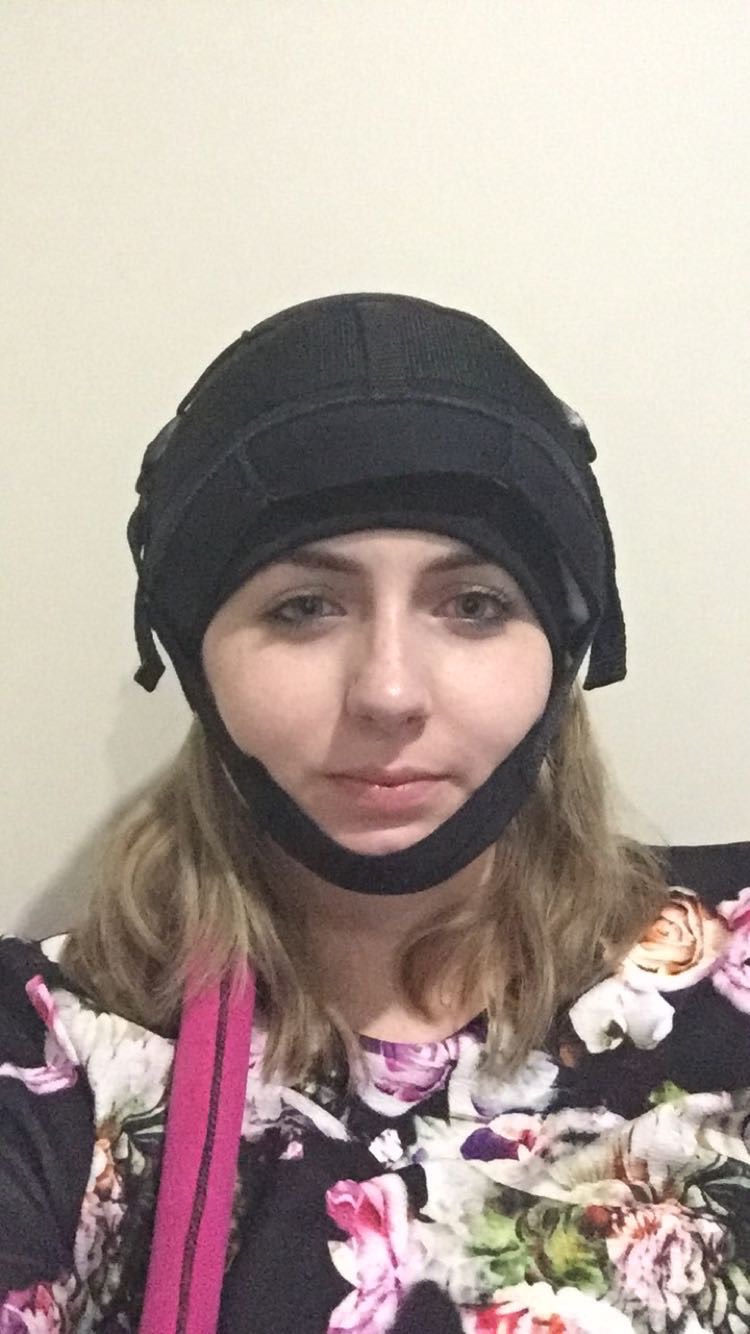
I had three rounds of chemotherapy, in three-week intervals, and all my hair fell out. I was devastated. I was given a real-hair blonde wig from the Prince’s Trust, and I wouldn’t leave the house without it. During the nine weeks of chemo, I was a bridesmaid, and managed to style the wig to fit with the bridal party look, but I didn’t feel the same. I didn’t feel comfortable going out in public places and not having the energy to play with my little sister Dulcie, who was two at the time, broke my heart.
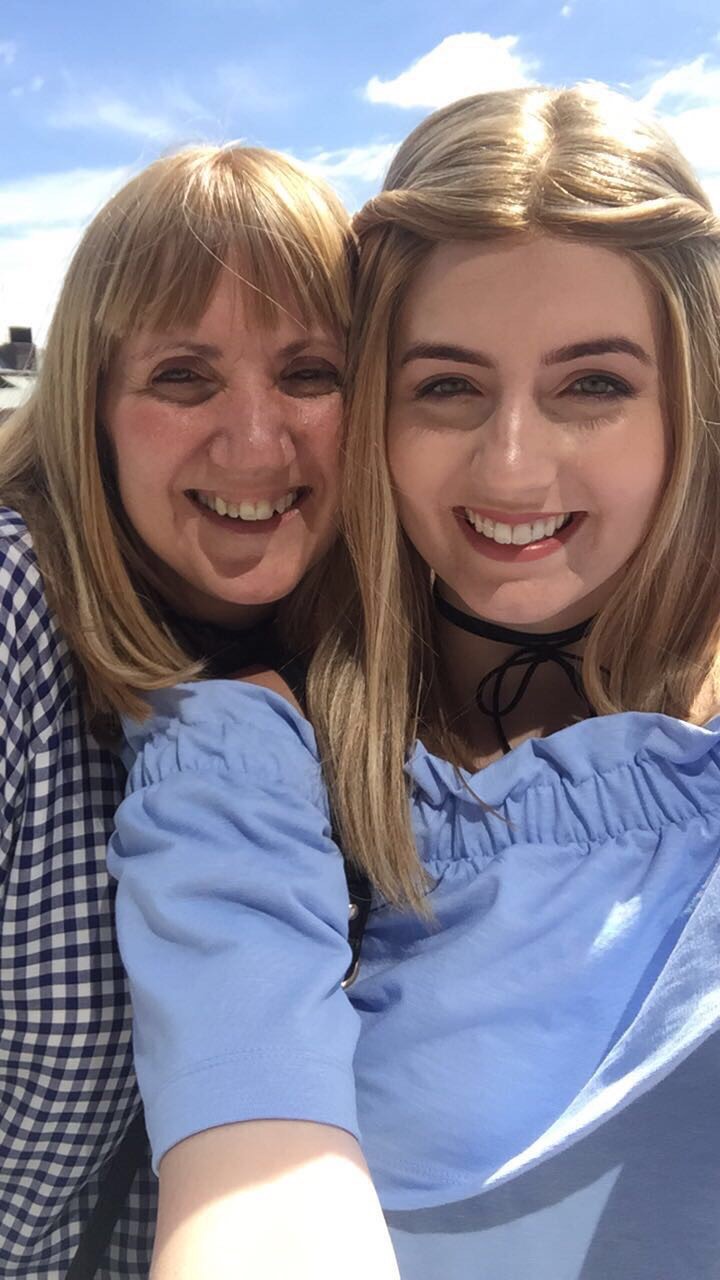
My Dad came with me when it was time to have the trachelectomy surgery, as I wanted the stronger, less emotional parent to sit with me until I was called in – but as we said goodbye he broke down. It was the first time I had ever seen my dad cry, and seeing him so upset has stayed with me ever since that day.
It was the first time I had ever seen my dad cry
Seven hours and five scars later, I was awake. I stayed in hospital for five days and was off work from my job as a marketing manager for six weeks. To this day, the happiest day of my life was the day I was told my cancer was in remission. Finally, it was all over.
Or so I thought.
It’d been years since I got the all-clear, but I had a smear test in August [after two years my cervical screenings went from 3-month checks to six-months], and unfortunately, the results have come back as abnormal. In December I had a biopsy, and the results show pre-cancerous cells. Next, I’ll have another biopsy to see if I need to have a hysterectomy. The ideal situation is taking more of my cervix away, as fertility is my priority.
I split from the partner I was with six months after I received the letter saying I was in remission. It was a combination of the cancer testing our relationship (I felt nervous about having sex for months afterwards) and us naturally growing apart. I met someone else, and now we live together - but we’re not at the stage where we would ideally like to have a child. I’m 28 and if this wasn’t happening, I wouldn’t be ready to be a mum for a couple more years. Now, we are talking about surrogacy, but it's still very early days.
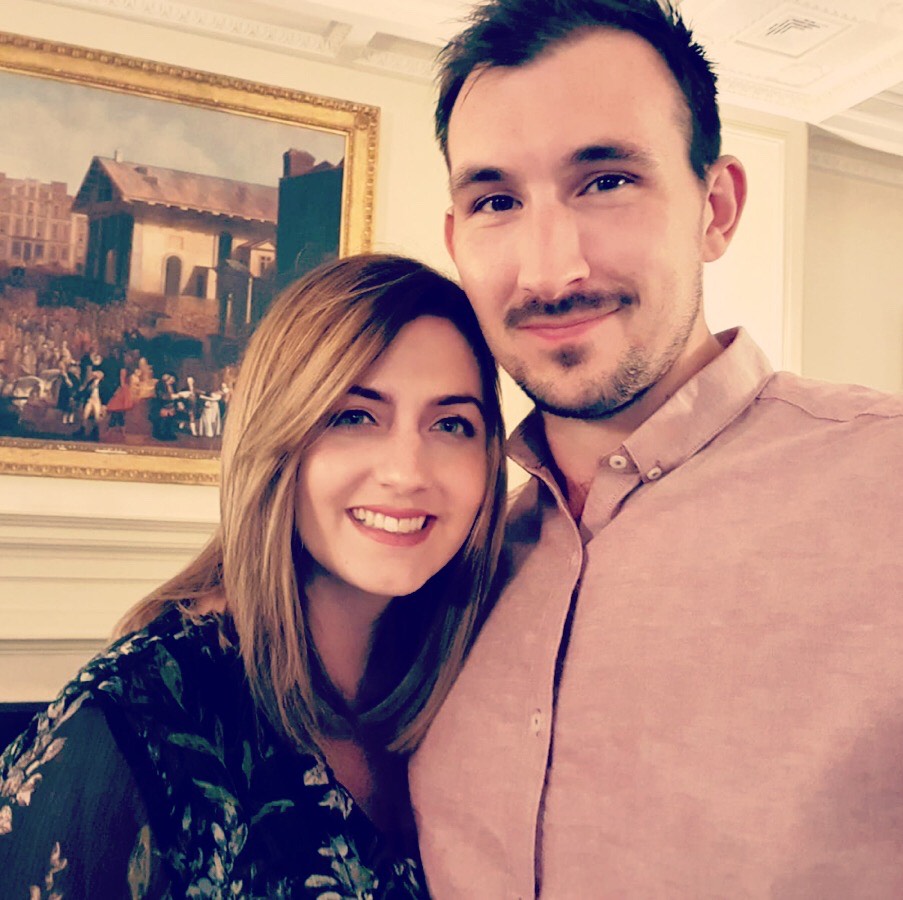
Cervical cancer made me grow up a lot faster than my friends
Cervical cancer made me grow up a lot faster than my friends. Life is back to normal now, but I still suffer from side effects of chemotherapy. I get tired very easily (and work one day a week from home), and my feet give me cramp-like symptoms, making walking agony if I’ve been on them all day.
My advice?
If you've been diagnosed with cancer? Don’t Google
Instead, read people’s stories of survival. I found out about Jo’s Cervical Cancer Trust when I was first diagnosed, as I was given a leaflet in hospital, and it was so informative and relatable.
If you're worried about a symptom? Go for a cervical screening
I cannot stress how important it is to go for a cervical screening; I had no symptoms, so I was very lucky that I did.
It sounds cliché but life is short: I’ve learned to live every day like it’s my last, and I’m thankful for that.
Jo’s Cervical Cancer Trust provides information and support to anyone affected and campaigns for excellence in cervical cancer treatment, care and prevention. Its national Helpline is free, confidential and on 0808 802 8000. Or for more information see jostrust.org.uk/information/hpv
Olivia – who rebranded as Liv a few years ago – is a freelance digital writer at Marie Claire UK. She recently swapped guaranteed sunshine and a tax-free salary in Dubai for London’s constant cloud and overpriced public transport. During her time in the Middle East, Olivia worked for international titles including Cosmopolitan, HELLO! and Grazia. She transitioned from celebrity weekly magazine new! in London, where she worked as the publication’s Fitness & Food editor. Unsurprisingly, she likes fitness and food, and also enjoys hoarding beauty products and recycling.
-
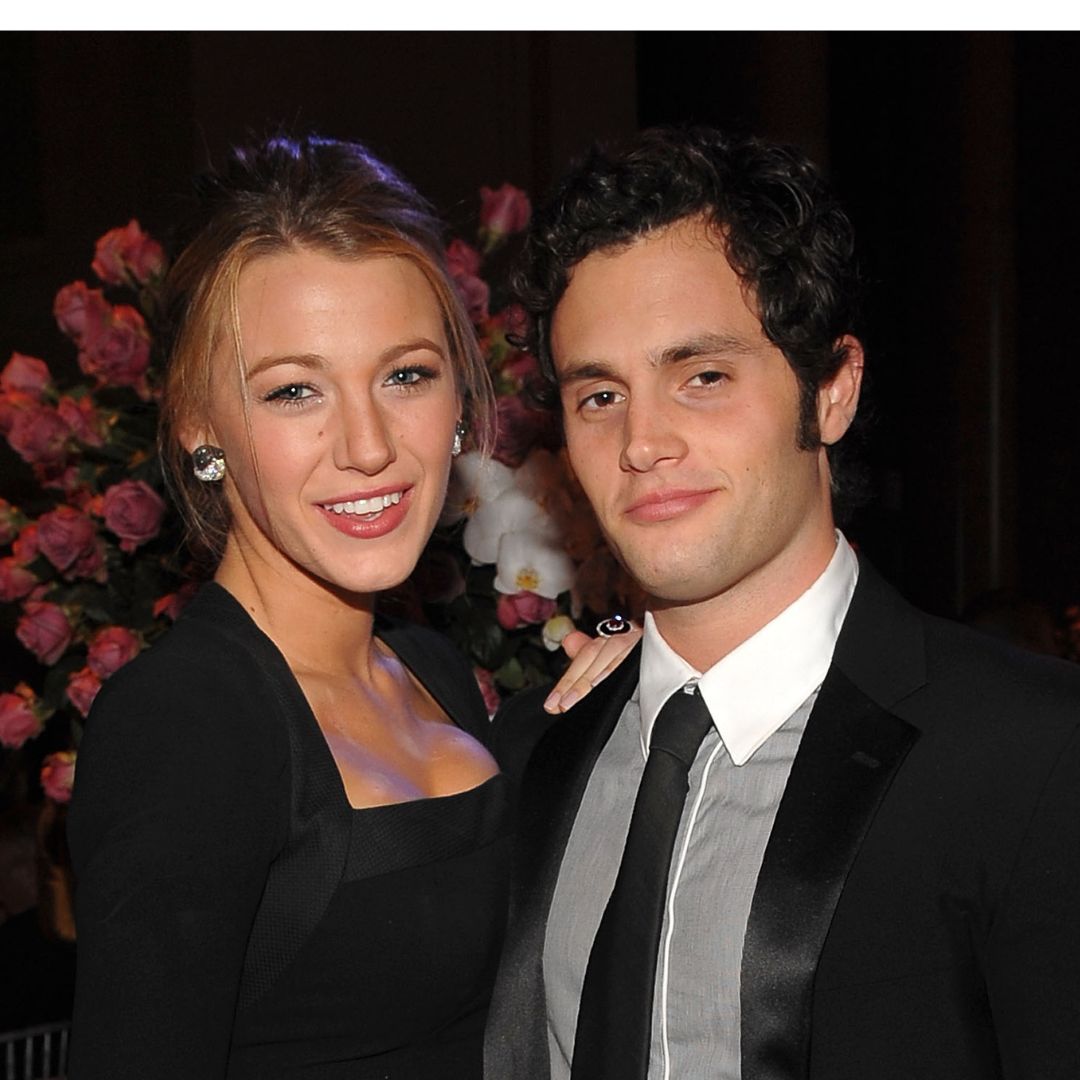 Penn Badgley credits ex girlfriend Blake Lively for "saving" him from the pitfalls of fame
Penn Badgley credits ex girlfriend Blake Lively for "saving" him from the pitfalls of fameBy Jenny Proudfoot
-
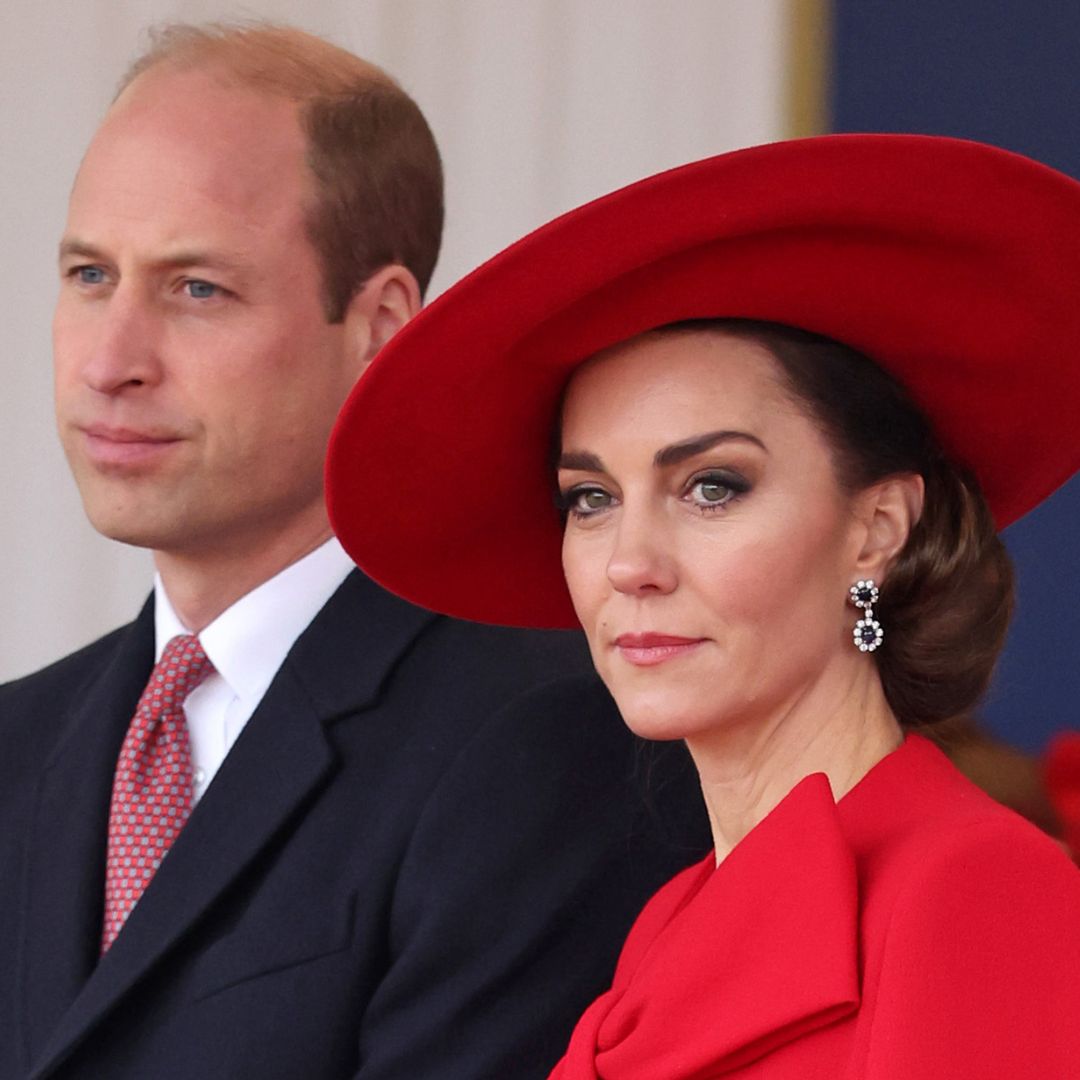 Prince William and Princess Kate's Easter absence has reportedly "raised eyebrows at the palace"
Prince William and Princess Kate's Easter absence has reportedly "raised eyebrows at the palace"By Jenny Proudfoot
-
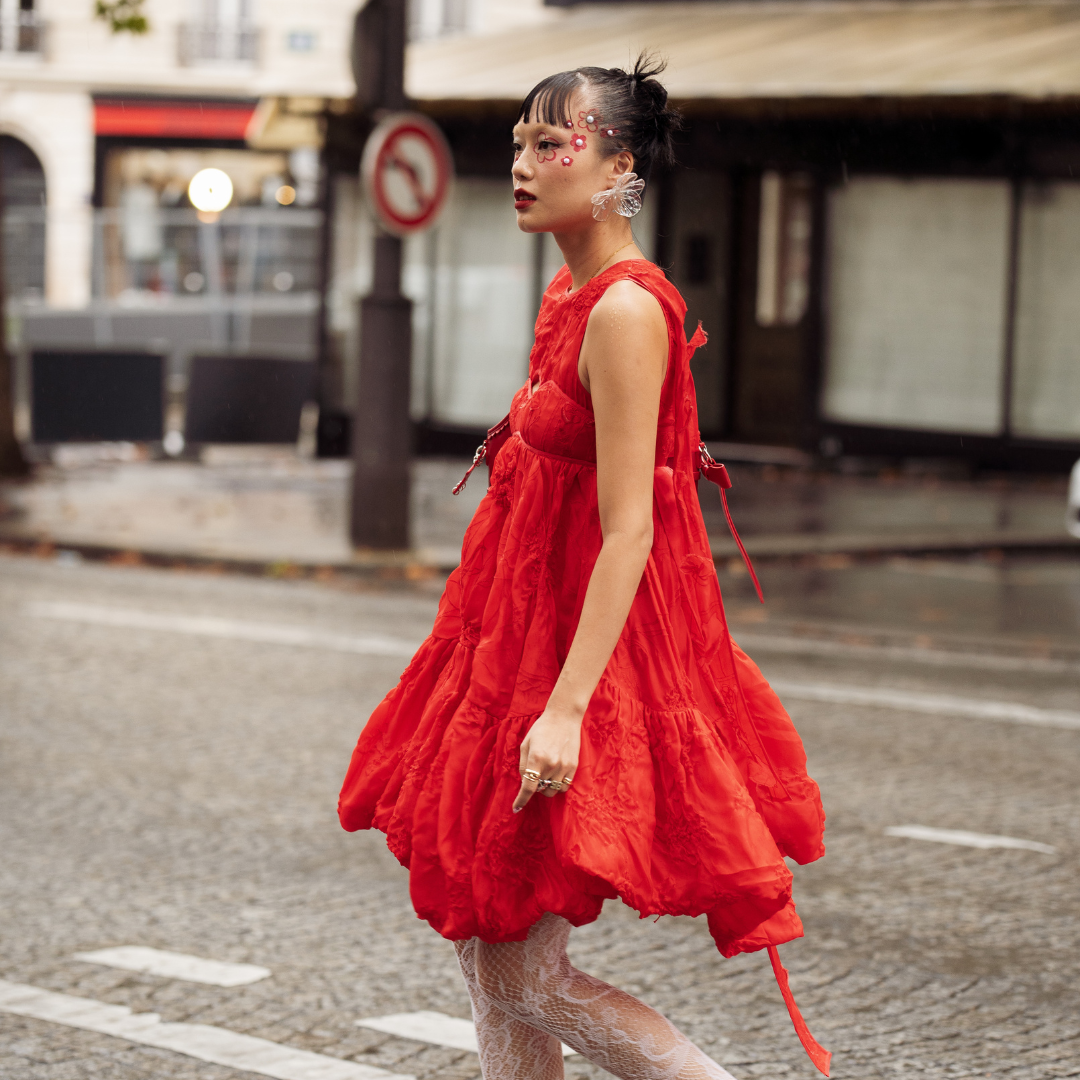 This divisive Nineties trend just got a high-fashion makeover
This divisive Nineties trend just got a high-fashion makeoverAll the cool girls are wearing babydoll dresses again
By Sofia Piza
-
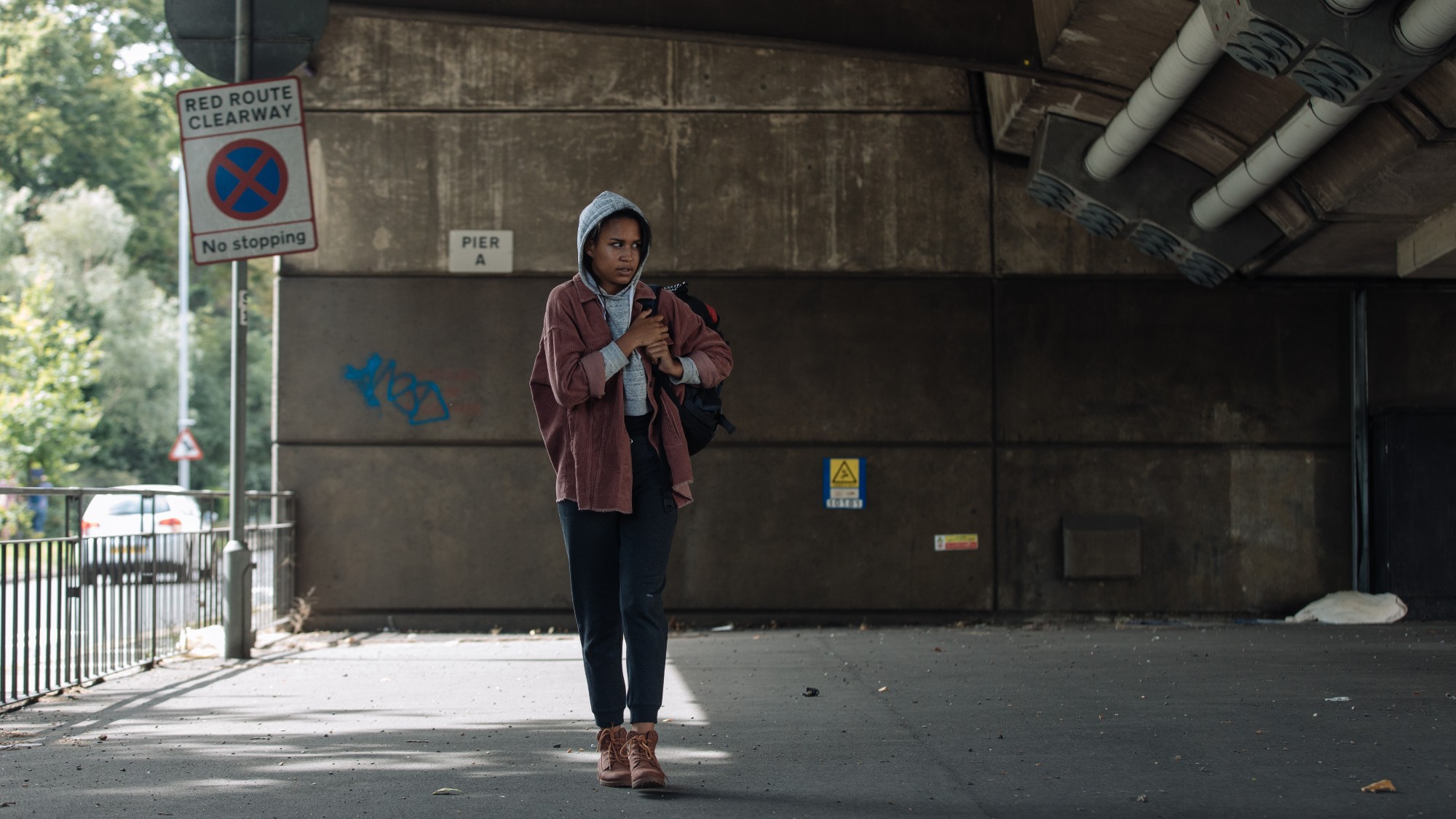 23,000 young people face homelessness this Christmas – here's how you can help with Centrepoint
23,000 young people face homelessness this Christmas – here's how you can help with CentrepointThis Christmas, Marie Claire has joined forces with Centrepoint to bring to light the homelessness crisis among young women.
By Marie Claire
-
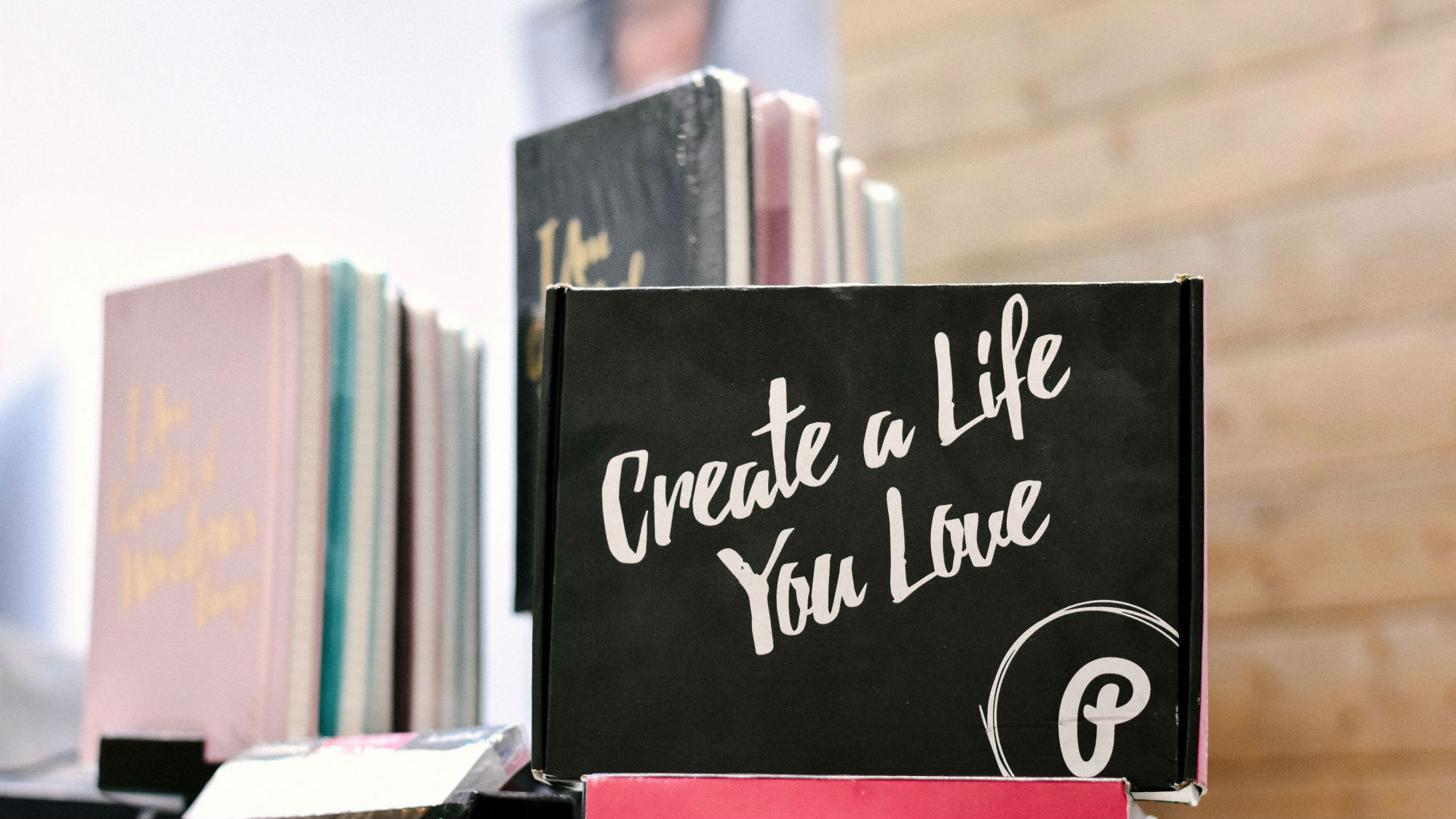 What it's really like to be a 24-year-old model…And HIV positive
What it's really like to be a 24-year-old model…And HIV positiveTo mark World AIDS Day, we spoke to 24-year-old model, art student and beauty queen Horcelie Sinda, who was diagnosed as HIV Positive as a child. This is her story...
By Olivia Adams
-
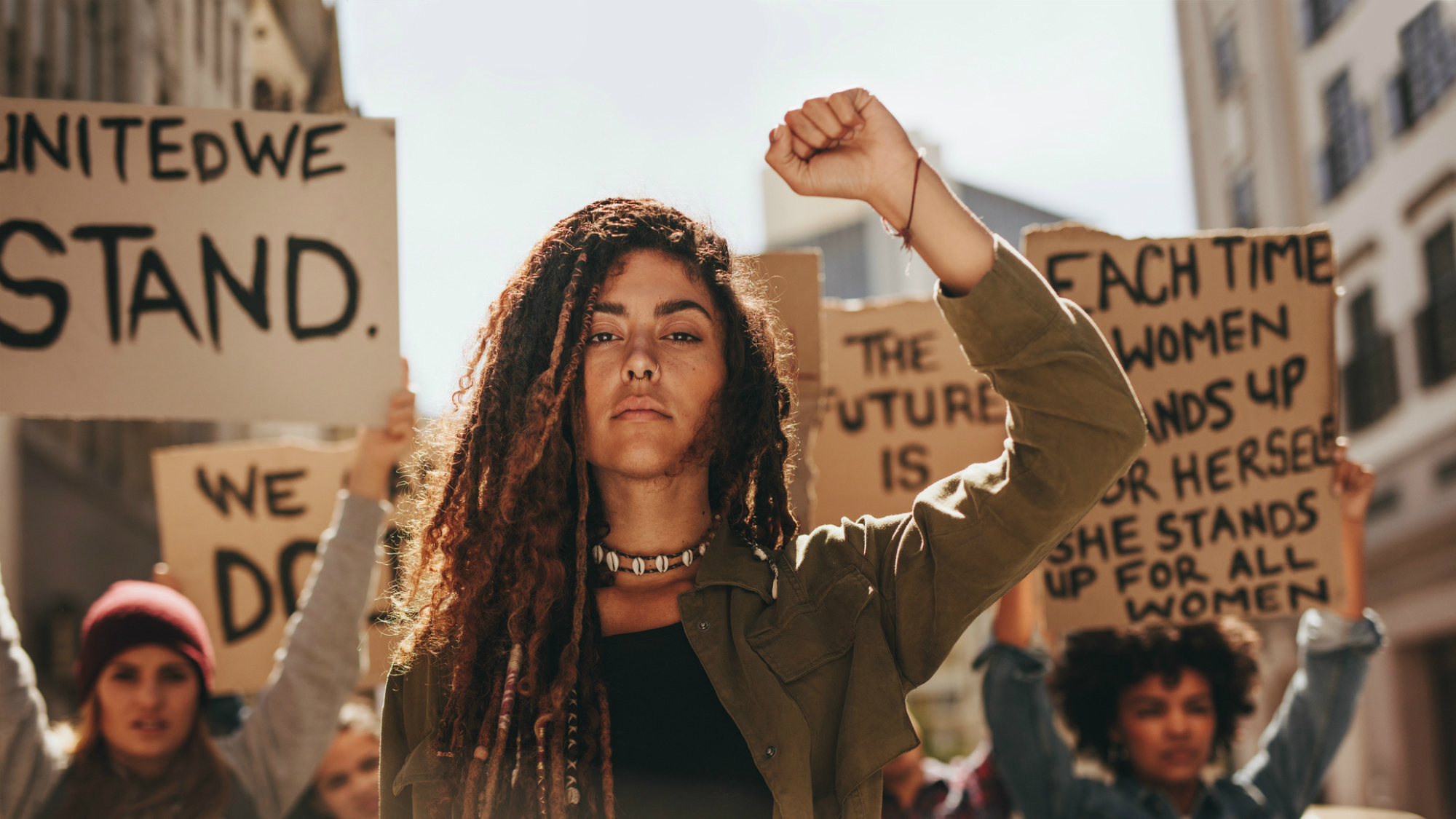 I May Destroy You: sexual assault survivors have a few things to say
I May Destroy You: sexual assault survivors have a few things to sayI May Destroy You, Michaela Coel's extraordinary drama of the year, has triggered many to speak out about their traumatic experiences. Lizzy Dening asks survivors what they want you to know – and how to help
By Lizzy Dening
-
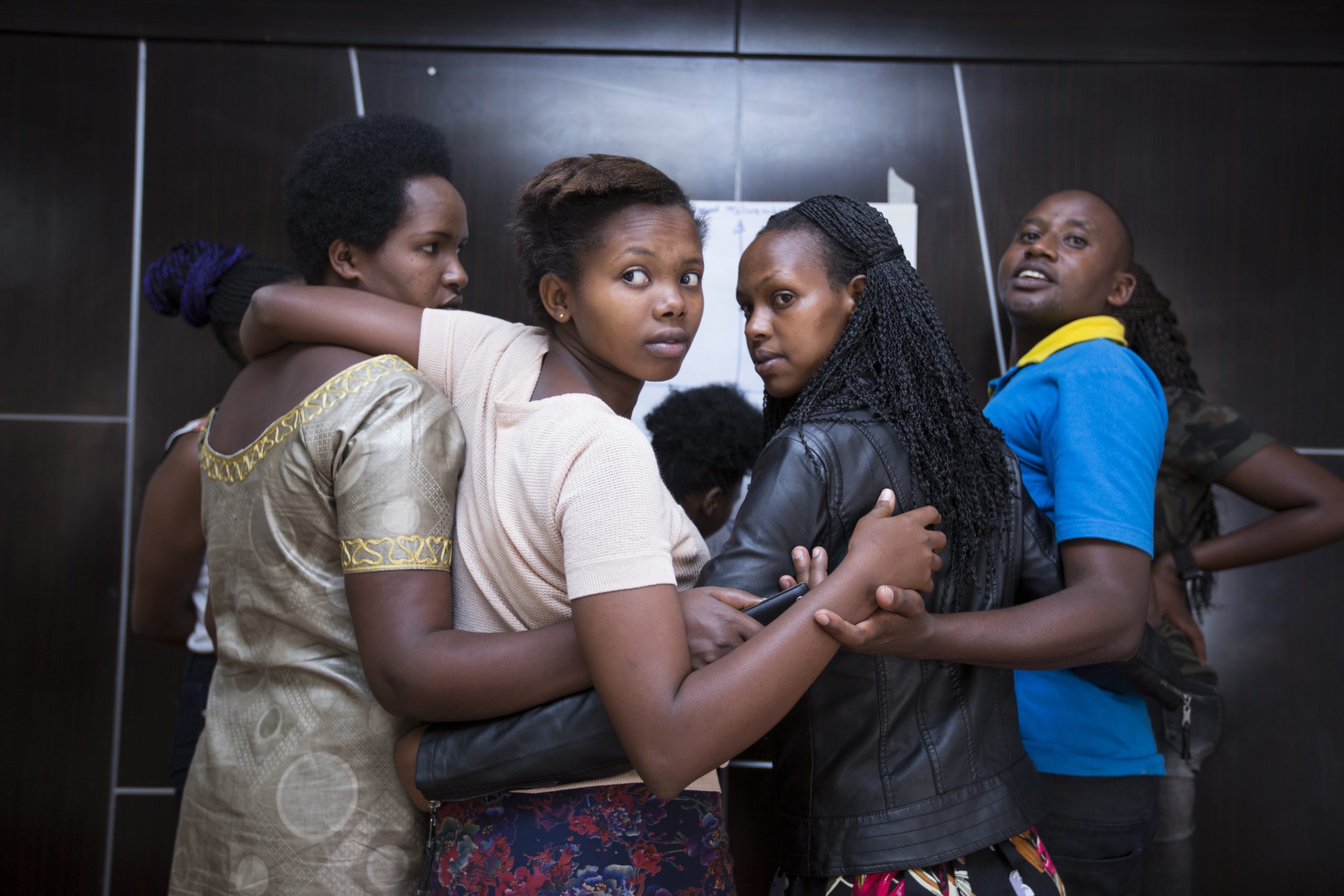 World Refugee Day: girls tell us their vision for the future
World Refugee Day: girls tell us their vision for the future150 girls caught up in humanitarian crises around the world reveal what change they want to see
By Olivia Adams
-
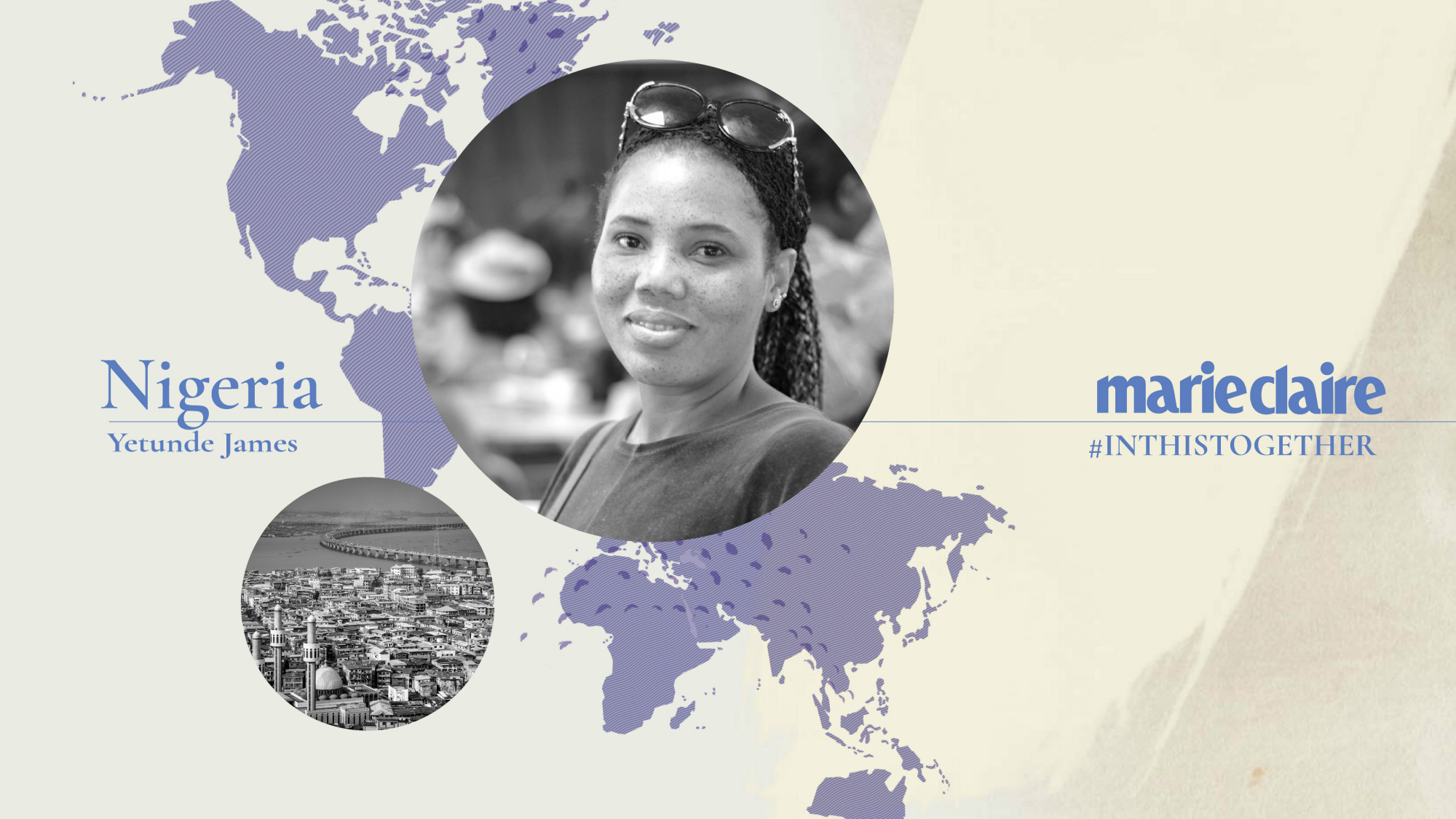 Covid-19 Global Diaries: 'I'm a refugee in London and people like me are dying'
Covid-19 Global Diaries: 'I'm a refugee in London and people like me are dying'Fleeing persecution in Nigeria, Yetunde James arrived in the UK with dreams of a new and safe life. But coronavirus has taken her friends, put her life in danger and her plans to build a bright future on hold
By Maria Coole
-
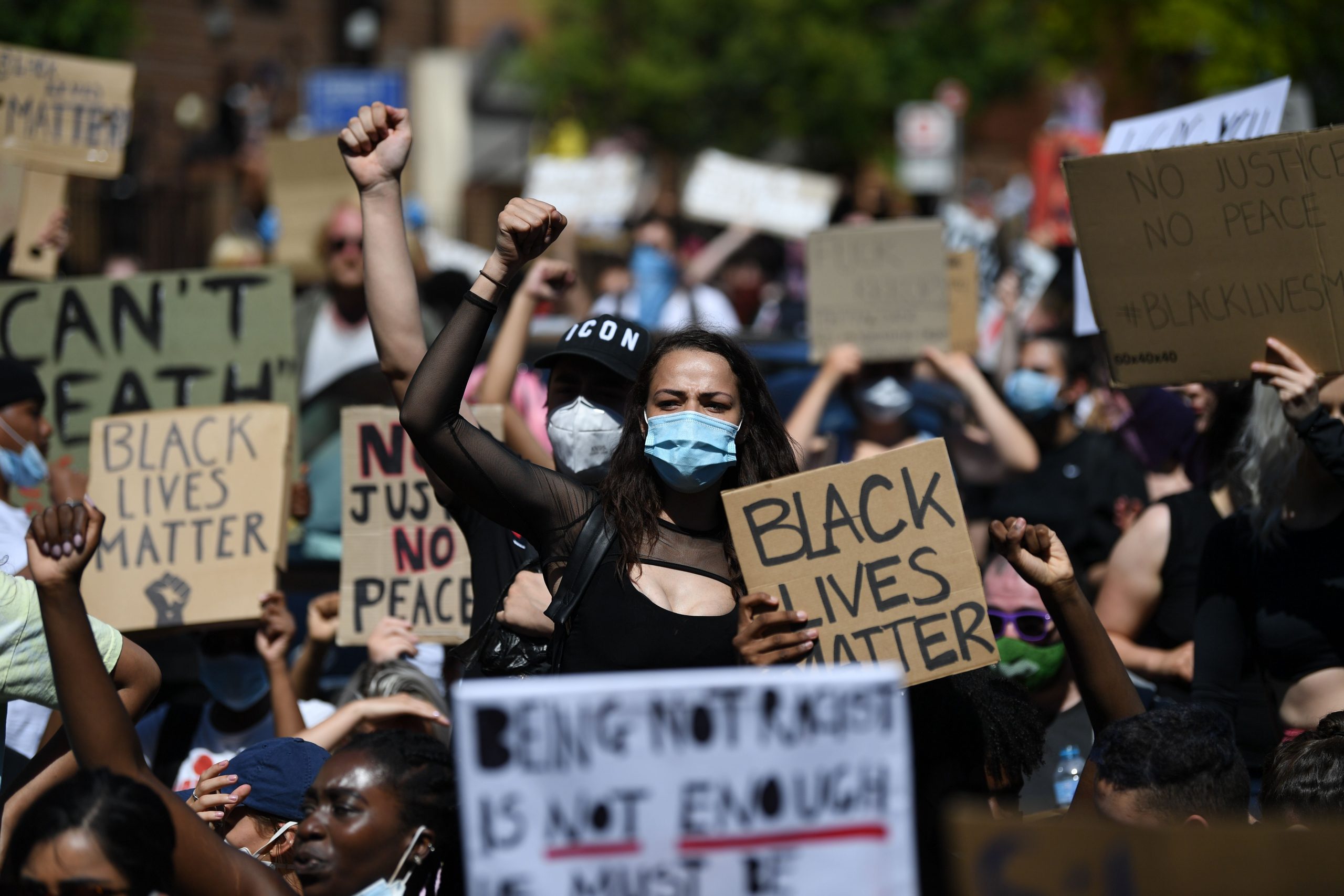 We all have a part to play in making lasting change after George Floyd’s brutal killing
We all have a part to play in making lasting change after George Floyd’s brutal killingBy Jenny Proudfoot
-
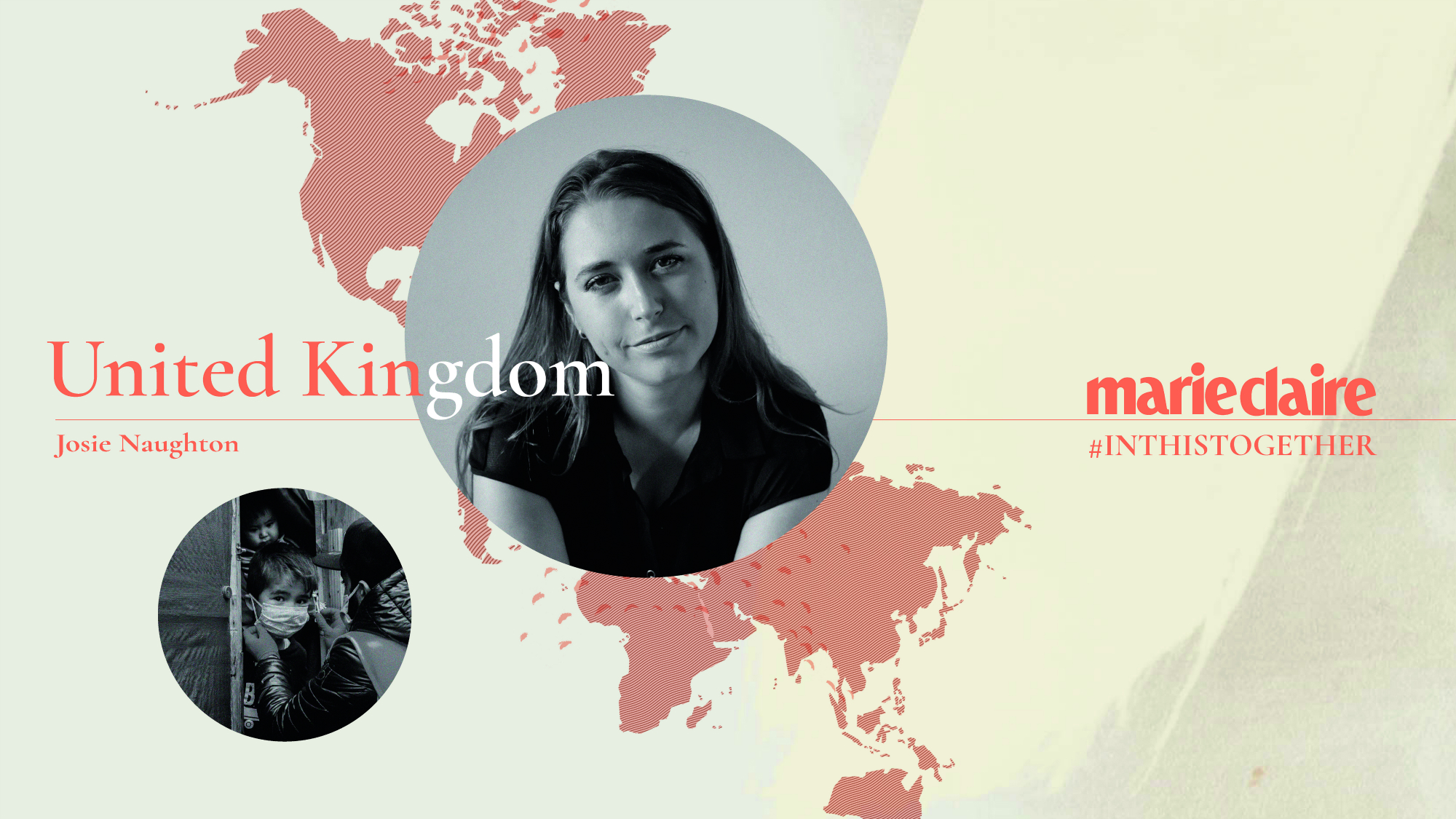 COVID-19 Global Diaries: 'The virus is breaking out in camps and refugees are at terrible risk'
COVID-19 Global Diaries: 'The virus is breaking out in camps and refugees are at terrible risk'Josie Naughton, co-founder and CEO of Help Refugees, works tirelessly with her global team to protect the forgotten people of the pandemic - the refugees left exposed and vulnerable
By Marie Claire
-
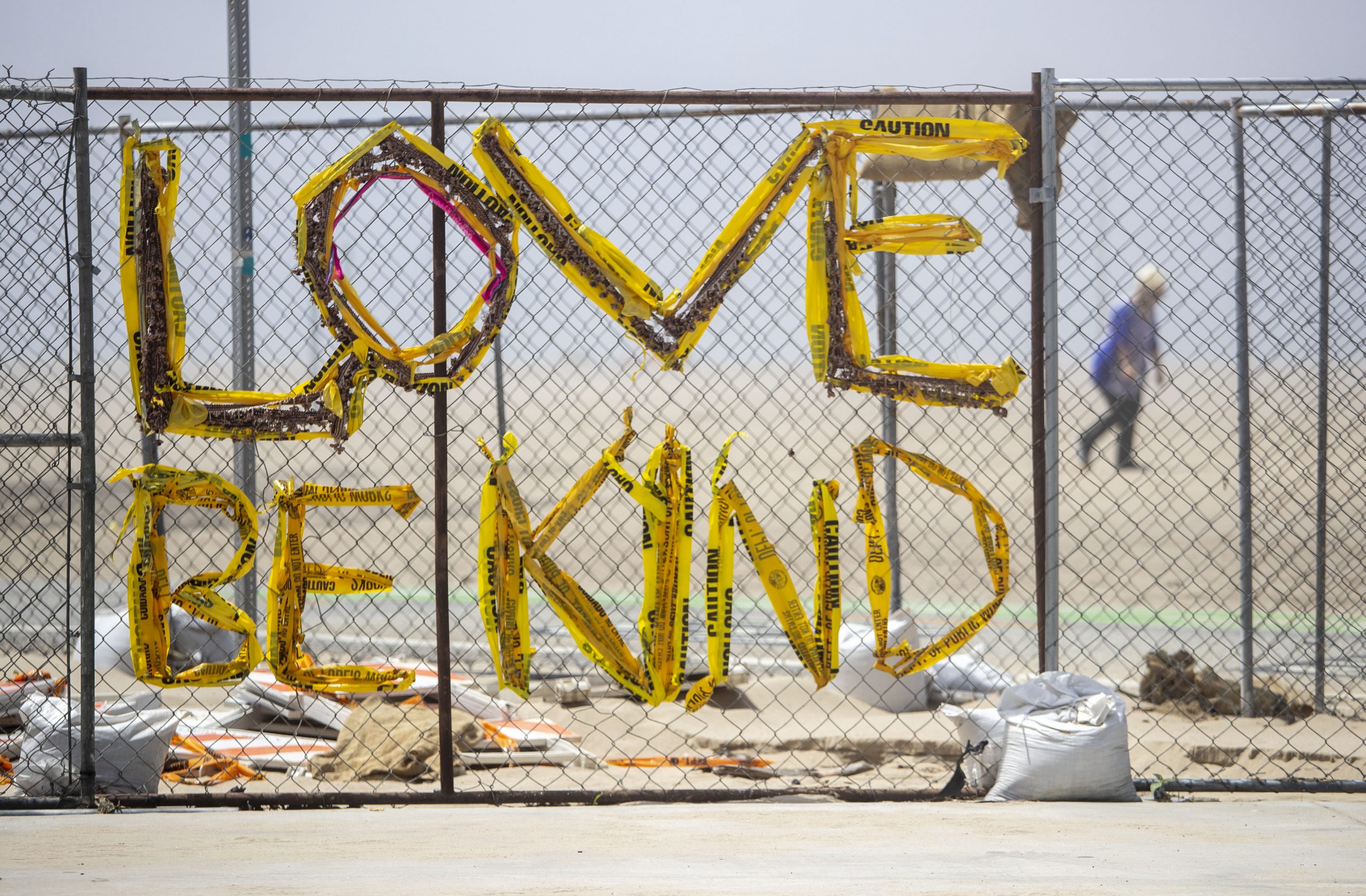 Mental Health Awareness Week is an important reminder to be kind
Mental Health Awareness Week is an important reminder to be kindThis Mental Health Awareness Week, we will be looking into post-lockdown anxiety, as experts predict a mental health crisis to come in the next three months.
By Jenny Proudfoot